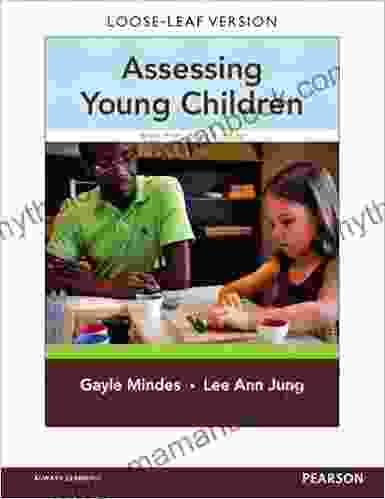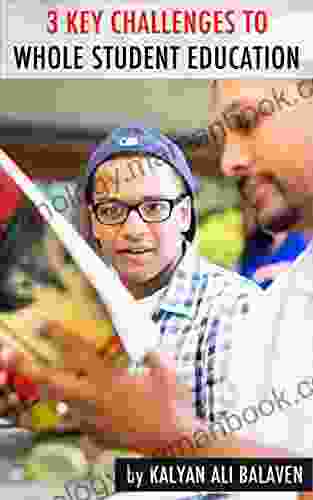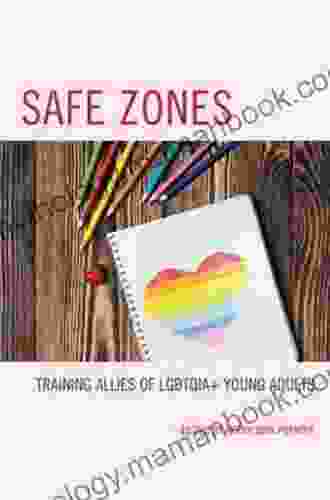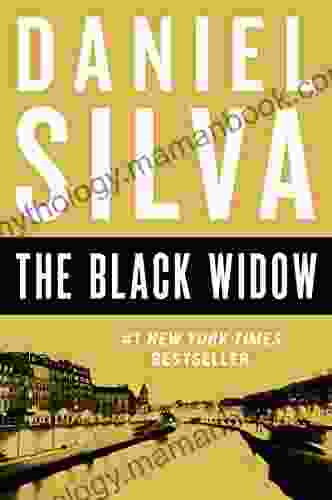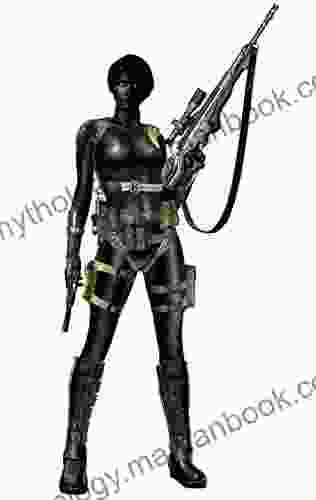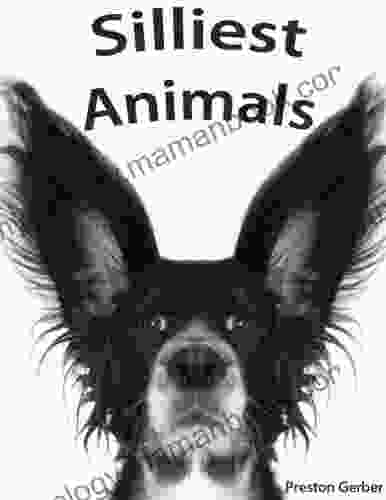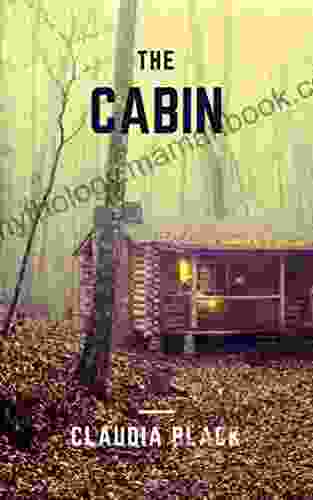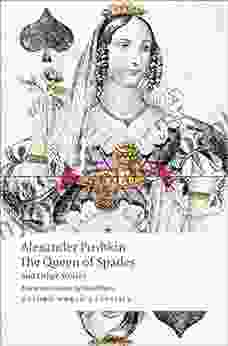Assessing Young Children: A Comprehensive Guide for Early Childhood Educators

Assessment is an essential part of early childhood education. It helps teachers to understand children's strengths and weaknesses, track their progress, and make informed decisions about their learning. There are a variety of assessment techniques that can be used with young children, including observations, portfolios, checklists, and standardized tests.
The Importance of Assessment in Early Childhood Education
Assessment plays a vital role in early childhood education for several reasons. First, it helps teachers to identify children's individual needs. By understanding what children know and can do, teachers can tailor their instruction to meet each child's unique learning style.
4.5 out of 5
| Language | : | English |
| File size | : | 11442 KB |
| Screen Reader | : | Supported |
| Print length | : | 352 pages |
| X-Ray for textbooks | : | Enabled |
Second, assessment helps teachers to track children's progress over time. This information can be used to identify areas where children need additional support, as well as to celebrate their accomplishments.
Third, assessment can help teachers to make informed decisions about children's learning. By analyzing assessment data, teachers can identify trends and patterns that can help them to adjust their teaching strategies.
Types of Assessments
There are a variety of assessment techniques that can be used with young children. The most common types of assessments include:
- Observations: Observations are a simple but effective way to assess children's behavior and development. Teachers can observe children during free play, during structured activities, and during interactions with other children and adults.
- Portfolios: Portfolios are collections of children's work that can be used to track their progress over time. Portfolios can include a variety of items, such as drawings, paintings, writing samples, and photographs.
- Checklists: Checklists are lists of specific skills or behaviors that teachers can use to assess children's development. Checklists can be used to track children's progress in areas such as language, literacy, math, and social-emotional development.
- Standardized tests: Standardized tests are norm-referenced tests that are used to compare children's performance to the performance of other children of the same age. Standardized tests can be used to assess children's skills in areas such as reading, math, and science.
How to Use Assessment Information
Once teachers have collected assessment information, they need to be able to use it to support children's learning and development. The following are some tips for using assessment information effectively:
- Use assessment information to identify children's strengths and weaknesses. This information can help teachers to tailor their instruction to meet each child's unique learning needs.
- Use assessment information to track children's progress over time. This information can be used to identify areas where children need additional support, as well as to celebrate their accomplishments.
- Use assessment information to make informed decisions about children's learning. By analyzing assessment data, teachers can identify trends and patterns that can help them to adjust their teaching strategies.
- Share assessment information with parents. Parents can use this information to understand their child's progress and to support their child's learning at home.
Assessment is an essential part of early childhood education. By using a variety of assessment techniques, teachers can gain a deep understanding of children's strengths and weaknesses, track their progress, and make informed decisions about their learning. Assessment information can be used to support children's learning and development in a variety of ways, including tailoring instruction, providing additional support, and making informed decisions about children's learning.
4.5 out of 5
| Language | : | English |
| File size | : | 11442 KB |
| Screen Reader | : | Supported |
| Print length | : | 352 pages |
| X-Ray for textbooks | : | Enabled |
Do you want to contribute by writing guest posts on this blog?
Please contact us and send us a resume of previous articles that you have written.
 Top Book
Top Book Novel
Novel Fiction
Fiction Nonfiction
Nonfiction Literature
Literature Paperback
Paperback Hardcover
Hardcover E-book
E-book Audiobook
Audiobook Bestseller
Bestseller Classic
Classic Mystery
Mystery Thriller
Thriller Romance
Romance Fantasy
Fantasy Science Fiction
Science Fiction Biography
Biography Memoir
Memoir Autobiography
Autobiography Poetry
Poetry Drama
Drama Historical Fiction
Historical Fiction Self-help
Self-help Young Adult
Young Adult Childrens Books
Childrens Books Graphic Novel
Graphic Novel Anthology
Anthology Series
Series Encyclopedia
Encyclopedia Reference
Reference Guidebook
Guidebook Textbook
Textbook Workbook
Workbook Journal
Journal Diary
Diary Manuscript
Manuscript Folio
Folio Pulp Fiction
Pulp Fiction Short Stories
Short Stories Fairy Tales
Fairy Tales Fables
Fables Mythology
Mythology Philosophy
Philosophy Religion
Religion Spirituality
Spirituality Essays
Essays Critique
Critique Commentary
Commentary Glossary
Glossary Bibliography
Bibliography Index
Index Table of Contents
Table of Contents Preface
Preface Introduction
Introduction Foreword
Foreword Afterword
Afterword Appendices
Appendices Annotations
Annotations Footnotes
Footnotes Epilogue
Epilogue Prologue
Prologue Anni K Reinking
Anni K Reinking Sean Kenney
Sean Kenney Tricia D Wagner
Tricia D Wagner John Merrow
John Merrow Alan Seaborn
Alan Seaborn Erica Armstrong Dunbar
Erica Armstrong Dunbar Steve Siebold
Steve Siebold Jay Mctighe
Jay Mctighe Jason P Jordan
Jason P Jordan Hannah Pilnick
Hannah Pilnick Levi Peretz
Levi Peretz Patricia Furstenberg
Patricia Furstenberg Linda Rossetti
Linda Rossetti Rosalie Haizlett
Rosalie Haizlett M D Payne
M D Payne Dee Ann Waite
Dee Ann Waite Cayla Gallagher
Cayla Gallagher Steven Harris
Steven Harris Amy Zoellers
Amy Zoellers Howard Raiffa
Howard Raiffa
Light bulbAdvertise smarter! Our strategic ad space ensures maximum exposure. Reserve your spot today!
 Edmund HayesFollow ·13.2k
Edmund HayesFollow ·13.2k Charlie ScottFollow ·15.5k
Charlie ScottFollow ·15.5k Lord ByronFollow ·9.5k
Lord ByronFollow ·9.5k Yukio MishimaFollow ·5.7k
Yukio MishimaFollow ·5.7k Blake BellFollow ·12.8k
Blake BellFollow ·12.8k William ShakespeareFollow ·19.8k
William ShakespeareFollow ·19.8k Mike HayesFollow ·9.8k
Mike HayesFollow ·9.8k Jayden CoxFollow ·11.1k
Jayden CoxFollow ·11.1k
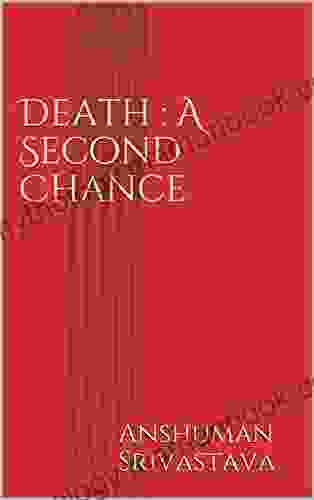
 Christopher Woods
Christopher WoodsDeath's Second Chance: The Unbelievable Story of Cris...
On July 29, 2008, Cris...
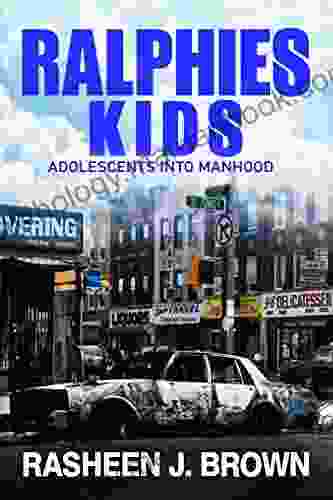
 Esteban Cox
Esteban CoxFrom Ralphie Kids to Adolescents: The Journey to Manhood
The transition from...
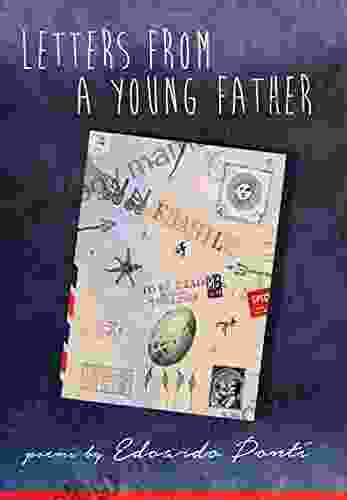
 Chris Coleman
Chris ColemanLetters From Young Father Poems: Delving into the Heart...
Fatherhood, a journey filled...
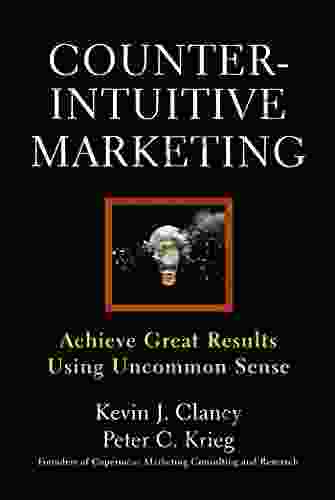
 Holden Bell
Holden BellCounterintuitive Marketing: Achieving Great Results Using...
In the ever-evolving world of...
4.5 out of 5
| Language | : | English |
| File size | : | 11442 KB |
| Screen Reader | : | Supported |
| Print length | : | 352 pages |
| X-Ray for textbooks | : | Enabled |


